Like any other source of income, forex trading in the UK is subject to taxation. Learn how you should be taxed as a forex trader in this article.
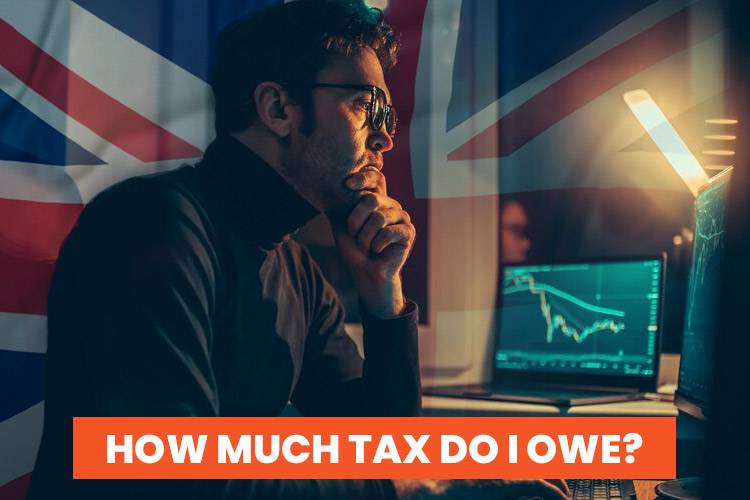
The main goal of forex trading is to earn maximum profit from the market. Like any other income-generating activity, forex trading also has tax implications. So aside from trading strategies, forex traders also need to learn about forex tax to avoid legal consequences and calculate their expenses.
Trading in the United Kingdom is taxed considerably lower than in other European countries, but still higher than in most English-speaking developed countries such as Australia and New Zealand.
We'll examine everything you need to know about UK forex taxes in this article.
UK Trading Tax Based on the Government Taxation
Taxes in the UK are collected by the government, more specifically HM Revenue and Customs (HMRC). As the tax authority, they are responsible for collecting and managing most UK taxes including those charged from financial transactions.
Income Tax
Private individuals must pay taxes on their annual income. But as a trader, you can enjoy up to £1,000 allowance if forex trading is your secondary source of income. Anything you earn in profits more than that amount will be subject to income tax depending on the tax brackets below:
| Bands | Taxable Income | Rate |
| Personal Allowance | Up to £12,570 | 0% |
| Basic Rate | £12,570 to £50,270 | 20% |
| Higher Rate | £50,270 to £125,140 | 40% |
| Additional Rate | over £125,140 | 45% |
Capital Gains Tax
Capital Gains Tax (CGT) is the type of tax that you need to pay on profits you make from selling chargeable assets. This can be many things including shares, stocks, cryptocurrency, property, jewelry, paintings, and more. You only owe CGT if your total taxable gains are worth £6,000 or more. Anything less than that is tax-free.
If you pay a basic income rate, you'll be charged 10% on your gains from selling shares and other assets except residential property. If you pay a higher income rate, then the tax will be 20%.
Here's an example.
Let's say your taxable income is £25,000 and your taxable gains are £13,000 from selling CFD products.
The first thing you need to do is deduct the CGT tax-free allowance on your taxable gain. For the 2023/24 tax year, the allowance is £6,000, which leaves £7,000 taxable gain.
Add the amount to your taxable annual income (£25,000 + £7,000 = £33,000). Since £33,000 is less than £50,270 (the basic income rate), you pay Capital Gains Tax at 10%. So, you'll need to pay £700 in Capital Gains Tax.
Stamp Duty Tax
Stamp Duty Tax is paid only when buying shares. It costs approximately 0.5% of the transaction and applies based on the following conditions:
- When you buy an existing share in a UK-based company
- When you buy shares of a foreign company with a share registered in the UK.
UK Trading Tax Based on the Trader's Type
Not all forex traders are subject to tax. Thus, you need to configure where you fall as a trader. The following are two broad categories of traders:
- Speculative Trader
This category is for traders who earn less than £1,000 in a year from forex trading. If you are under this bracket, you are tax-free, meaning you're not subject to income tax or capital gains tax. HMRC considers this form of trading as speculative, equivalent to gambling, so your income will be calculated as gambling winnings. - Self-employed Trader
You are considered a self-employed trader if forex trading is your main source of income. Therefore, you'll need to pay tax on all profits you earned over the tax-free Personal Allowance and you must declare your income to HMRC.
UK Trading Tax Based on the Instrument
The type of instrument that you choose to trade with also determines how your trading activity is taxed. For retail traders in the UK, two of the most common ways to trade forex are spread betting and CFD trading.
- Spread Betting
HMRC considers spread betting as a form of gambling instead of an investment because it simply requires traders to guess the direction of asset prices, whether it's going up or down over a certain period. Since the trader doesn't need to own the asset to make predictions, spread betting is completely tax-free. You're not required to pay any taxes for making a profit. - CFD Trading
Contracts for Difference (CFDs) on the other hand, are part of derivative contracts. The applicable taxes are the same as trading Bitcoin and any other cryptocurrency. Meaning, you'll need to pay Capital Gain Tax on any profit on this instrument.
UK Trading Tax Based on the Personal Circumstances
This is the most complex out of the three factors and might require an in-depth analysis of the trader's personal trading activities that occurred across the year.
When assessing your personal circumstances, HMRC might consider the following aspects:
- Salary bracket – whether you make above £50,000 annually
- Whether you are self-employed, part of a company, or a limited company
- The frequency and quantity of your trades
- Whether you are liable to pay tax, which tax type, and how much
- Duration of your trade
- Whether you pay tax on the rest of your income
- Instruments that you traded with
Case Studies
To illustrate how all aspects above are used together, we've prepared several case studies of hypothetical individuals who traded forex during the 2023/24 tax year.
- Trader A is an office worker who enjoys spread betting in his spare time and he managed to gain £700 over the year. Due to purely speculative nature of his activity, the instrument he's picked, and the amount of profit he earned (less than £1,000), HMRC considers his gains as gambling winnings, so he won't have to pay any taxes for this.
- Trader B works full time as an accountant, but he likes to do CFD trading as his secondary income. He successfully earned £16,000 this year. In this case, he's allowed to deduct £1,000 Personal Allowance from his profit, but he still needs to pay personal income tax on the remaining £15,000 at the basic rate of 20%.
- Trader C is a full time investor who makes money solely from forex CFD trading. Due to his exceptional skills, he managed to earn £100,000 this year. This means, he may deduct £1,000 Personal Income Allowance and also pay Capital Gain Tax on any CFD trading that exceeds the tax allowance.
What Happens If You Fail to Pay Taxes in the UK?
If you miss a tax payment, HMRC will try to contact you either via letter, text, or even visit you at work or home. If you are unable to be reached, HMRC may take the following actions:
- Employ a debt collector to collect the money
- Deduct the tax amount directly from your wages
- Claim things you own and sell them
- Collect the money straight from your bank account
- Take you to court for breaking the law
- Make you bankrupt
How to Avoid Paying High Taxes
Without a proper strategy, trading tax can be quite burdensome. If you want to avoid paying high taxes, here are what you can do:
- Keep detailed records of all your trades, expenses, and losses. Holding on to accurate documentation of your trading history can help maximize the deduction of your taxable income.
- Consider trading with tax-free instruments like spread betting. This can be an effective way to participate in forex markets without having to pay a hefty amount of tax on your gains.
- Do your research and understand the taxation laws to find out exactly how much you owe.
- Find a professional tax advisor or accountant to help you calculate your taxes. It is to ensure that you are taking full advantage of the available tax-saving opportunities while still in compliance with the authority.
Other than trading tax, future advancements in the UK forex market are also important as they deal with regulatory changes, the way people trade, and how the market could evolve. Learn all about it further in Forex Forward: Anticipating the Future of Trading in the UK.

 Dedicated FREE FOREX VPS
Dedicated FREE FOREX VPS Free FOREX Virtual Private Server
Free FOREX Virtual Private Server MT4 Demo Contest, Get $500
MT4 Demo Contest, Get $500 Sign Up for an Account, Claim 60% Deposit Bonus
Sign Up for an Account, Claim 60% Deposit Bonus Free MT4/MT5 VPS 2024
Free MT4/MT5 VPS 2024 Send E-mail and Get Free Merchandise
Send E-mail and Get Free Merchandise $1K Refer a Friend Bonus for Pepperstone Pro clients
$1K Refer a Friend Bonus for Pepperstone Pro clients Maximize Your Earnings with 100% Deposit bonus
Maximize Your Earnings with 100% Deposit bonus Trade to Win, $5,000 Monthly Demo Contest
Trade to Win, $5,000 Monthly Demo Contest Claim 30% + 15% Deposit Bonus from LiteFinance
Claim 30% + 15% Deposit Bonus from LiteFinance

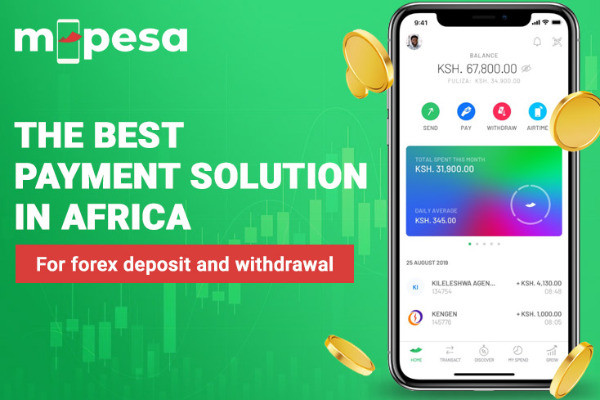

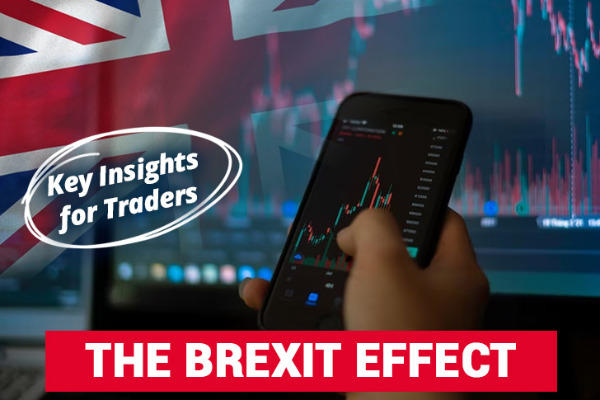
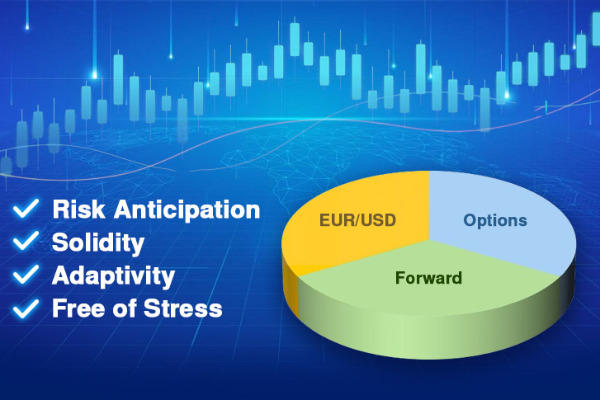
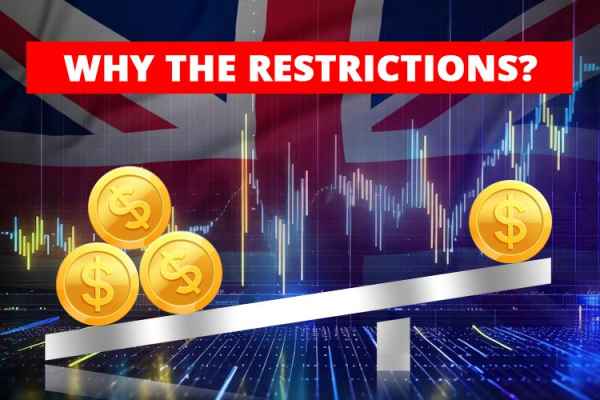
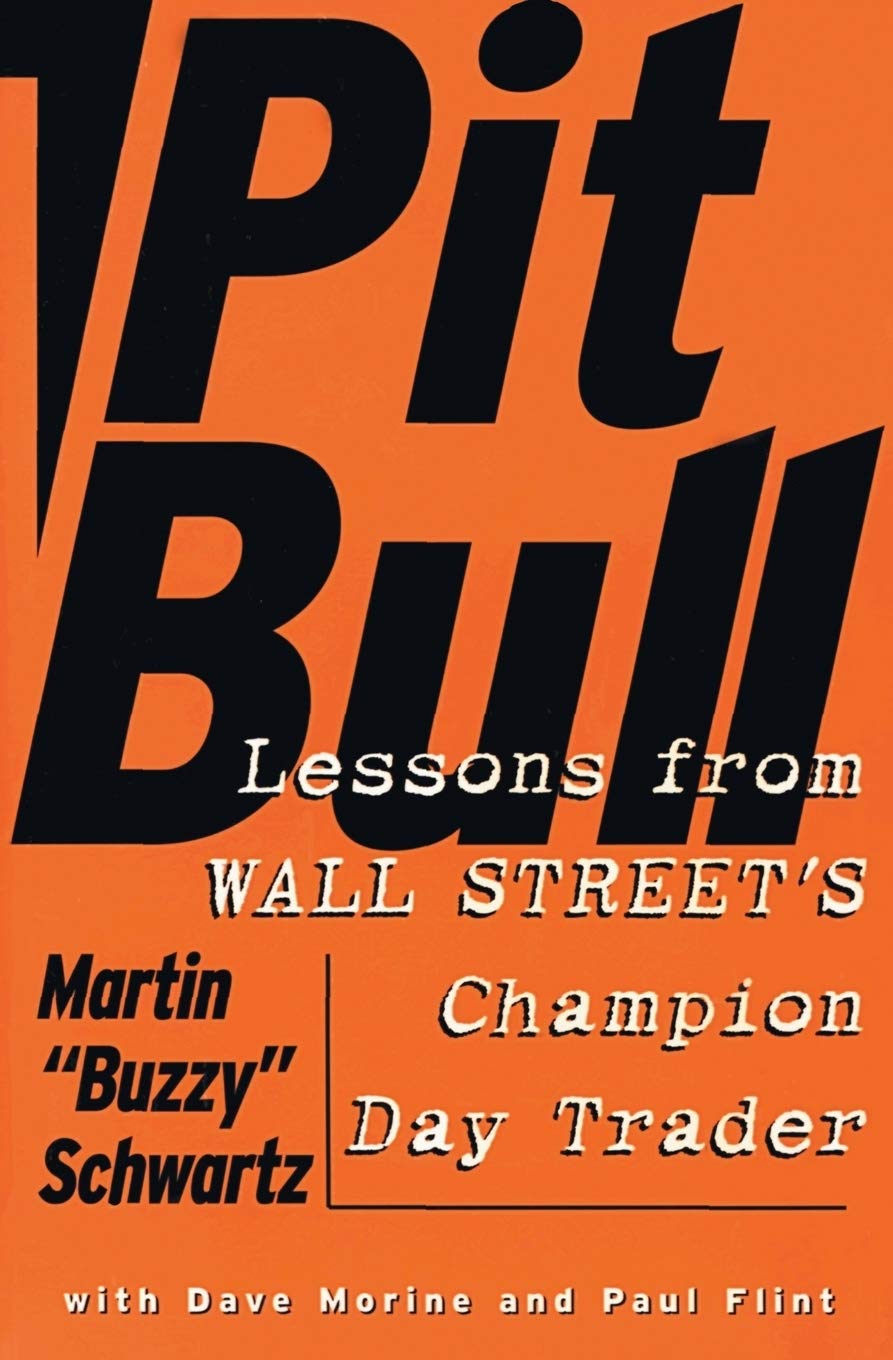


5 Comments
Howard
Jan 25 2024
Hey thank you so much for this article. I just started trading a few months ago and I was worried about the tax calculation. Thanks to you, now I understand how it works, although I still have a small question about losses.
I heard that you can claim tax relief by deducting the tax with losses. Does that apply to forex losses as well? For example, if I sold GBP/USD for £2500 but losses of £500, can I use that number to make a claim? If so, can you explain how it's calculated and what are the conditions to claim the tax reduction?
Nadine D.
Jan 26 2024
You are right. In the UK, if you've sold forex assets for less than its buying price, you can claim this as a realized loss on your tax return. Such reduction can offset your capital gains, potentially reducing your overall tax liability that year. This is why it's important to keep track of all of your transactions for accurate cost analysis.
It is important to note that if your losses exceed your gains or if you have no gains to counterbalance the loss, then you can carry the losses forward to subsequent financial years. In other words, you can use it as an offset against future gains in the following years. To benefit from this carry-forward system, you must register the losses either through the self-assessment tax return or through a formal written notification of the losses.
Tiffany
Jan 28 2024
Based on my experience, reporting losses is actually not that complex. However, you need to understand fully how it works. Here are some mistakes that you need to avoid:
Olivia
Jan 27 2024
Hi there, I also want to ask about losses. I think the "carry-forward system" is very interesting. So, if you got bigger losses than gains, you can "save" the remaining losses and use it to offset the gains of the following year, right? That's great, but how exactly are you supposed to report it? Do you need to report it every year or is it automatically calculated in the following year?
In case my question is still not clear, here's a possible scenario that I have in mind. Let's say that I have 10k losses brought forward from the previous year. This year I'm filling my tax return with 30k gains and 5k of losses. In this case, how should I report my losses?
A. Gains in the year: 30k
Losses in the year: 5k
Losses brought forward and used in-year: 10k
B. Gains in the year: 30k
Losses in the year: 10+5k = 15k
Losses brought forward and used in-year: 10k
Stuart
Jan 29 2024
The correct tax report would be option A because you basically count the losses brought forward twice in the option B.
The point is that you'd need to declare your losses every year, both the losses carried forward and the losses of that year. Fill the number in the right boxes and provide the proof of transactions to HMRC.
Keep in mind that the losses cannot be more than the profit it is being set against. If the losses are greater than the gains, you can carry the remaining losses for the following years (up to 4 years).